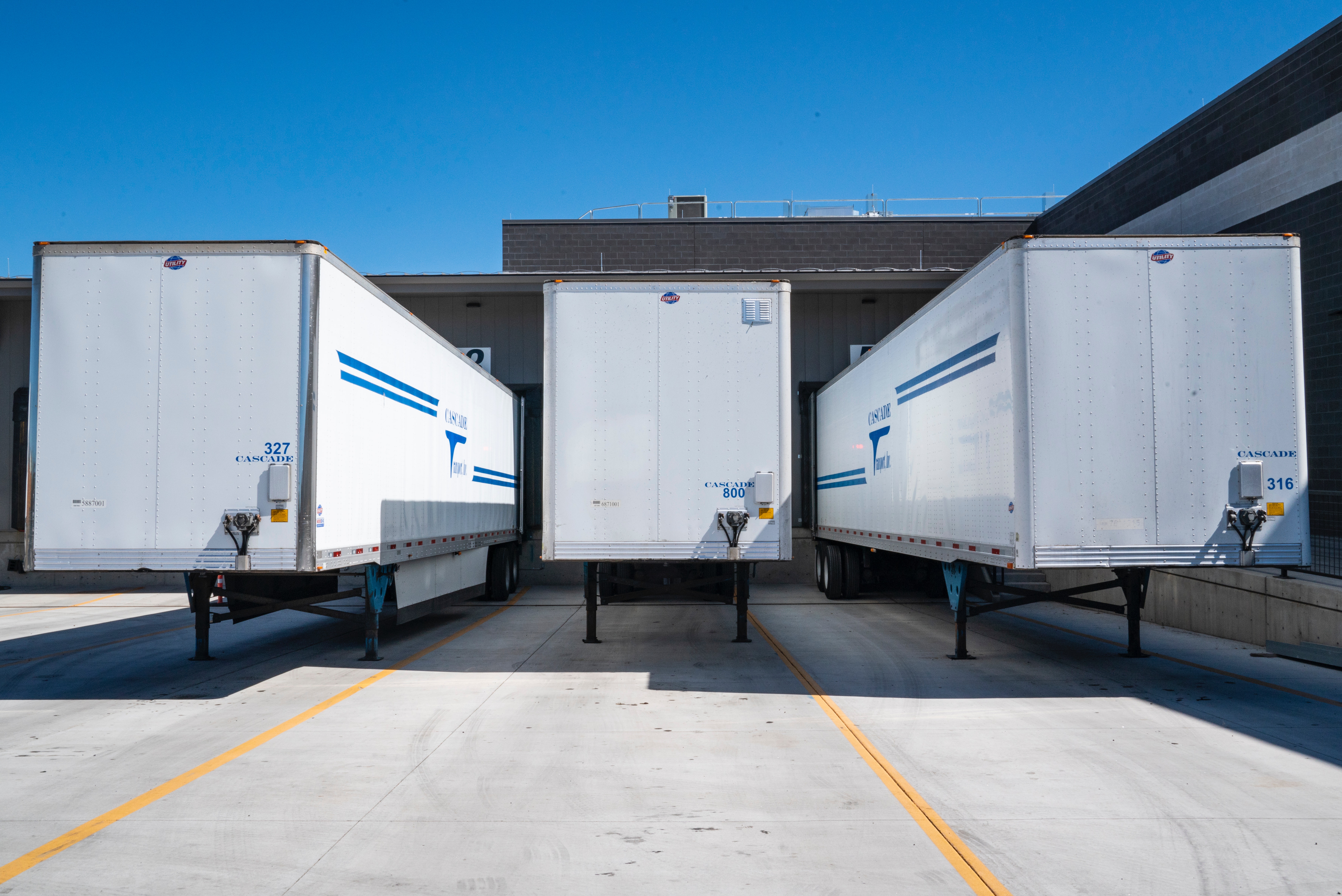As cities continue to expand and competition increases, carriers, especially those offering last-mile services, are going to have to rethink logistics to keep urban supply chains running smoothly. If trends continue without plans to adapt, capacity and driver availability are likely to be even worse as years progress.
The Rising E-Commerce Market Share
E-commerce saw a huge jump last year, and will continue to rise as fewer people opt for buying through companies like amazon that offer free shipping. The trucking industry needs to plan ahead for the increased demand that comes with e-commerce, not just for the here and now, but for a major increase resulting in 25-40 percent of the retail market share. Shippers have already started increasing their inventory to keep more items in stock for e-commerce transactions, and this could stretch last-mile carriers to the limit if logistics are not thought out well in advance.
Disruption Forces Evolution
E-commerce was once considered a blip on the radar, and stayed a very small part of shipping for many years. Now, what was once considered a disruptive trend is not becoming the new normal. E-commerce could actually force some carriers to reorient long-haul routes to provide better distribution coverage. Everyone in the trucking industry is going to have to adapt, from the major carriers to the small last-mile trucking companies. Inland ports are now being used to offset the delays along the coast, and a new driver matching system is being implemented to overcome drayage issues. Right now, it may seem like more goods are moving than before, but most of that is just that they are moving differently. One of the other major hurdles to overcome is that e-commerce is resulting in a lot of less-than-capacity loads to truckers to haul, which spreads availability too thin in comparison to the demand to move goods. The trucking industry will need new equipment, more vehicles, more drivers, and logistics experts who are forward thinking to keep carriers competitive in this new economy.
Faster Business Brings Revenue Issues
E-commerce is pushing carriers to move faster to meet customer demands, yet receivables are still getting paid at a rate of 30 to 90 days. This is preventing carriers from building the revenue necessary to hire people, acquire equipment, and put new plans into action. Express Freight Finance helps the trucking industry to keep pace by converting receivable to cash within 24 hours – eliminating staggered payment schedules. We make your cash flow move at the same rate as your business transaction. Contact Express Freight Finance today to learn more about our freight load factoring services.







